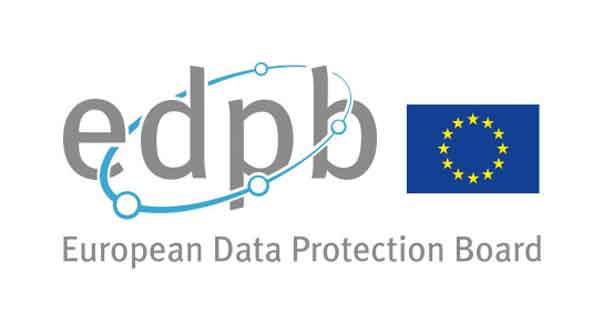
13 May 2021
On April 30
th 2021 the European Data Protection Board (EDPB) organized a remote stakeholder event on the topic “
application of the GDPR to the processing of personal data for scientific research purposes”. Many organisations have expressed their interest in participating at the stakeholder event, however, only some organisations secured a place at the event such as individual companies, sector organisations, NGOs, law firms and academia, from different fields of scientific research. The European Association of Data Protection Professionals (EADPP) participated at the event, represented by its Chair, Ms. Maria Raphael, founder of Privacy Minders, who expressed EADPP’s position and views on the items of discussion which were the following:
- The application of ‘consent according to recital 33 GDPR’ and/or the ‘compatibility presumption’ in case of further processing of personal data for scientific research purposes.
- Transparency and control over the processing of personal data for scientific research purposes.
- Safeguarding the rights and interests of data subjects during (further) processing of personal data for scientific research purposes.
- Harmonising the requirements for processing of personal data for scientific research purposes in the EU: challenged and future scenarios.
As stated prior to the event by Mr. Loes Markenstein, the Senior Inspector at the Dutch Data Protection Authority, who acts as the lead rapporteur for the upcoming guidelines on processing of personal data for scientific research purposes, EDPB intends to make good use of the information and feedback received during the stakeholder event when drafting the guidelines and that the public consultation process will provide a further opportunity for stakeholders to engage with the EDPB on these issues. The EADPP Consultations Group is going to participate at the aforementioned public consultation process and provide its feedback and remarks.
The upcoming guidelines will follow the guidelines adopted on 21th April 2020 on the processing of data concerning health for the purpose of scientific research in the context of Covid-19 outbreak. They will provide, according to Mr. Markenstein, ‘’
a more extensive and in-depth analysis, combined with examples of how the requirements in the GDPR can be met when processing personal data for scientific research purposes, and in which cases the exceptions foreseen in the GDPR can be relied upon. The aim is ‘’
to facilitate the application of the GDPR by the research community to their processing of personal data and to develop good data processing practices for their specific scientific research activities’’.